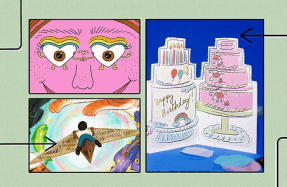USC Professor On How Protests Have Changed Since LA Riots In 1992
USC law professor Jody David Armour tells All Things Considered that in 1992, people viewed police who beat Rodney King as "bad apples." But now, "we see a persistent and pervasive pattern."
by James Doubek
Jun 01, 2020
2 minutes

Looting, fires, vandalism and the National Guard on the streets — for many, the unrest of 2020 evokes memories of the destructive riots of 1992 in Los Angeles.
Both times the protests began in anger over police violence against black men — in 1992, when four police officers were acquitted of ; now, when George Floyd died in Minnesota after a policeman knelt
You’re reading a preview, subscribe to read more.
Start your free 30 days



